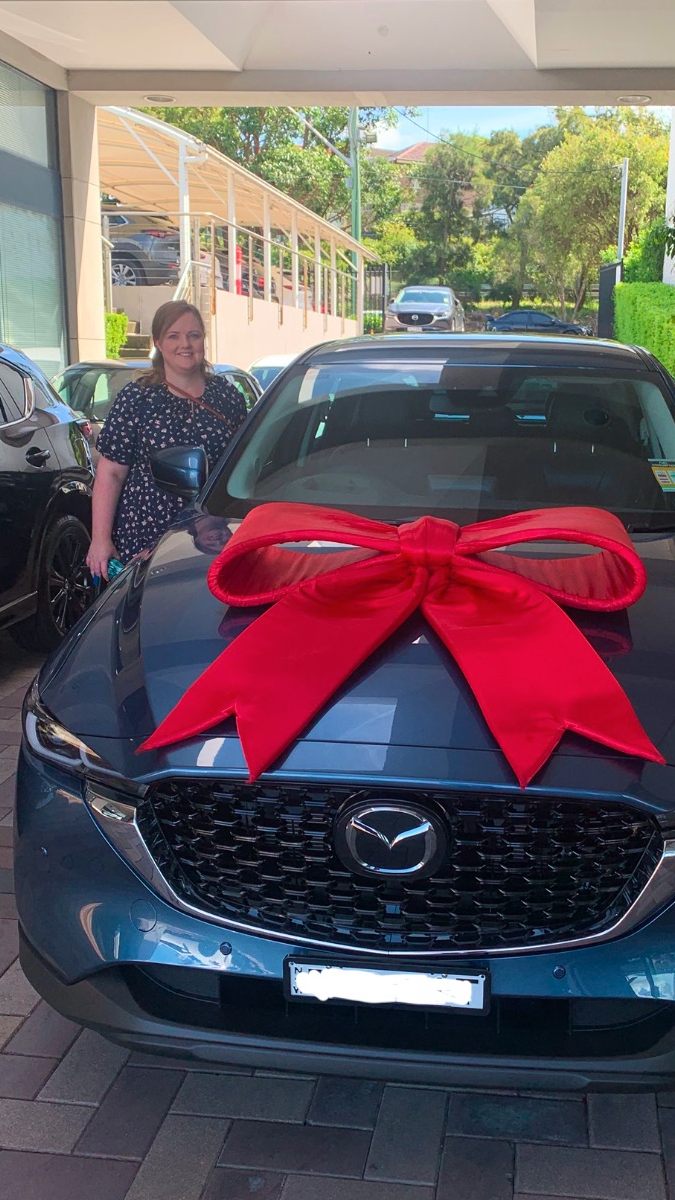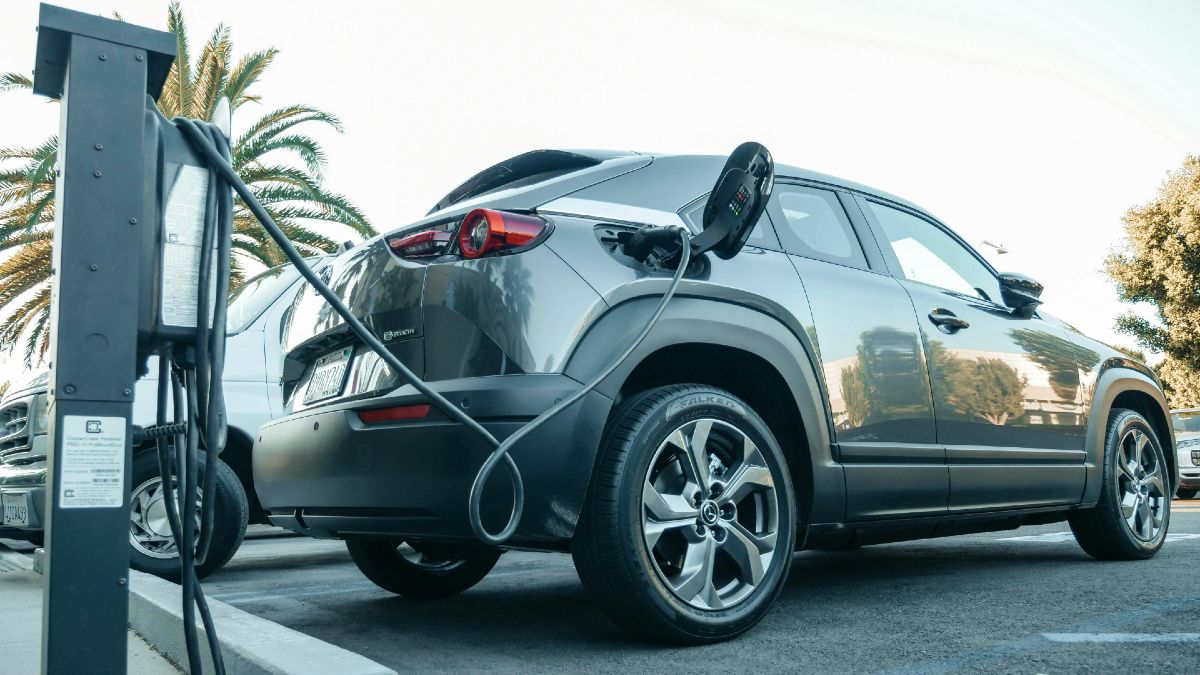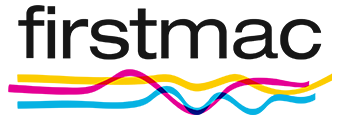
Seasoned car buyer Rachel Lake has gotten the whole process of getting the best deal when buying a new car down to a T, having done it several times.
"Every few years, I trade in my car as I notice the trade in value is still very good after a few years," Ms Lake told InfoChoice.
The Sydney-based designer and founder of a bespoke jewellery label knows that understanding your power as a buyer in a competitive market could be the difference between saving hundreds or even thousands of dollars and being roped into paying more at the dealership or private sale.
There are no hard and fast rules on how to find the best deal on a used or new car. However, some tips that helped Ms Lake drive away with the best outcome are also what experts highly recommend to increase your leverage.
1. Do your research
Walking into a sale without being properly prepared is akin to daylight robbery. Before heading out, make sure you have thoroughly researched and familiarised yourself with the car you truly need - whether that be a people-moving ute or a city-friendly sedan. This way, you'll be less likely talked into buying something unsuitable to your needs.
Once you have a type of car fully in mind, find out its market value. Ask different dealerships in different suburbs to see how much they are selling the car for. If you're buying a used car, check with private sellers as well.
You may be surprised to get different answers from different sellers. Online car selling sites can also provide information about fair prices.
And with such information on hand, you'll have more power to negotiate.

Rachel Lake and her newly bought car. Image supplied
"Don't just go with the first quote, get multiple offers from different dealers. Some may be willing to match or beat a competitor's price," Ms Lake said.
That said, don't rush into a purchase unless you have all the vital information about the car you want to buy. Being and looking too eager hands all the advantage to the seller so be sure to take your time.
2. Time your purchase
Speaking of time, picking the right time to buy a car can translate to huge savings. According to experts, Sunday afternoons can be an excellent time to go car shopping as salespeople may be keen to secure a few last-minute sales to meet their weekend targets.
But if you can wait for longer than a few days, the best time to purchase a car can be during:
End of the financial year
One of the most optimal times to purchase a car in Australia is before the financial year wraps up. Dealerships and manufacturers push hard to meet their annual sales targets before 30 June, leading to significant discounts, bonus offers, and competitive financing deals. You may also score incentives such as free servicing, extended warranties, or cashback.
End of the month or quarter
Car dealerships often operate on monthly and quarterly sales targets. This means shopping in the last few days of a reporting period gives you an edge as staff may be under pressure to meet targets and therefore more willing to offer discounts or incentives to close sales quickly.
Model run-out sales
If an updated version of a popular model is due for release and you don't mind buying its predecessor, model run-out sales can be a great time to score reduced prices. This strategy works particularly well if you're looking for well-reviewed cars that are only slightly behind the latest version.
Black Friday sales
With the rise of Black Friday sales in Australia, many car dealerships are now participating with limited-time discounts. Other promotional events (e.g., Easter sales or long weekend promotions) may also feature car-related offers. If you're considering a purchase around these times, it's worth checking the available promos.
When is the worst time to buy a car?
Tax refund season or whenever government incentives are introduced can result in fewer discounts and less room for negotiation. Additionally, buying immediately after a new model launch often means paying a premium before any discounts become available.
3. Familiarise yourself with car pricing
"Don't accept the sticker price. Always ask for discounts, extras, or a better financing deal," Ms Lake advised.
Understanding the pricing terms ensures you are not giving your wallet and both your arms to the sellers. It can also help you in determining how much you can negotiate on the car you're purchasing, whether new or used.
But what are the sticker price and other pricing terms car sellers use?
Sticker price
The sticker price is the price set by the car manufacturer and, as the name suggests, what you will see displayed on the vehicle at the dealership. This price is a starting point for negotiations, which means the goal is to pay lower than the sticker price.
Take note!
Be skeptical a dealer who would tell you the sticker price is their final sale price. Walk away.
Invoice price
The invoice price is what the dealer pays the manufacturer for the vehicle. However, this price isn't always straightforward as it may include factory discounts, incentives, or rebates that reduce the actual amount the dealer pays.
Take note!
When negotiating, your goal as a buyer is to get as close as possible to the invoice price.
In Australia, the invoice price can also include government charges and taxes such as:
-
Goods and Services Tax (GST)
-
Luxury Car Tax (LCT) - charged on vehicles over a certain price threshold
-
Stamp duty and registration fees (depending on the state or territory)
Dealer holdback price
The dealer holdback price is a portion of the vehicle's cost that the carmaker refunds to the dealer after the sale. It typically runs at around 3% of the invoice price. This is essentially a hidden profit margin that allows dealers to sell cars at even below invoice price while still making money.
While it is unlikely that the dealer will tell you their holdback price, this gives you more confidence to haggle closer to (or even lower) the invoice price because they will still make a profit.
Drive-away price
The drive-away price is the final cost of the car, covering everything necessary to legally take the vehicle off the lot and onto the road. It includes the base price of the car, taxes, dealer delivery fees, and registration.
4. Obtain financing outside the dealership
If you're not paying cash, you may consider financing outside the dealership. While it may seem more convenient to arrange financing for the car where you bought it, it often comes with higher interest rates, hidden fees, and, potentially, restrictive conditions.
Since they serve as middlemen, dealers often mark up loan rates to increase their profits. By comparison, banks, credit unions, and online lenders typically offer lower rates and more transparent terms.
"I found financing was better outside the dealership. And when financing outside, I always compare the interest rates, fees, and flexibility," Ms Lake shared.
"Often check for initial application fees, ongoing monthly fees, and any early repayment penalties."
5. Investigate the car's history (if buying used)
If you're purchasing a used vehicle, make sure to examine its records and conditions closely. You can request to view the car's complete service history and logbook. Look for regular servicing, major repairs, and any missing records (which could indicate potential issues).
Here are some of the questions you should ask the seller:
-
Are there any outstanding debts on the car?
-
Has the car ever been in an accident?
-
Has the car been written off and re-registered?
-
Are there any mechanical or electrical issues I should know about?
-
How many kilometres has it done?
-
Why are you selling the car? (for a private seller)
Get a qualified mechanic to check if the vehicle is in good condition. A pre-purchase inspection can uncover hidden problems. If the seller resists, it could be a red flag.
Based on your assessments, you may be able to negotiate the price down.
Take the car on a test drive. You will know if a car is for you the second you sit in the driver's seat. Check if you fit comfortably in the vehicle; pay attention to safety features, seat comfort and capacity, boot space, and overall ease of use.
6. Consider demo models
If you're not too particular about getting a totally brand new car, buying a demo model can be a smart way to save money while still getting a relatively new vehicle. Demo cars are dealer-driven vehicles. These are the cars used for test drives and showroom displays. In some cases, they may also be used by dealership staff.
While they're not brand new, they typically have low mileage and are well-maintained. As such, dealers usually offer them at a discounted price. On top of the discount, you may even be able to score extra features (e.g., upgraded infotainment, premium interiors) at no extra cost.
"My current car is a demo model, which came with a few extra benefits and significant savings compared with the base price of a new car," Ms Lake shared.
"It had a few hundred kilometres and I still got the new car warranty."
Buying an EV? Consider a used model!
Future Drive AutoShows CEO Ray Evans says one of the ways to save on electric vehicles, which typically have higher upfront costs, is to buy used.
"Just make sure to check the vehicle's battery condition and warranty," he told InfoChoice.
"Though EV batteries are designed to last, they will eventually need replacing, and this can be a costly part of owning an EV."

Make sure to check the battery's condition and warranty if you are buying a used electronic vehicle (EV).
7. Negotiate for extras
Don't simply accept the seller's offer. As a buyer reasonably negotiating, you have the right to ask for discounts and extras such as an extended warranty, free servicing, or a better finance deal (if you're financing in-house).
"I've found that the best way to secure extras like free servicing, car wash (by the dealership), or a lower finance rate is to bring them up after settling on the car's price," Ms Lake said.
"I found dealers are often more willing to add value through extras rather than reduce the price further. I always mention competitor offers, ask if they've provided similar incentives in the past, and if I'm financing through them, I use a lower external rate as leverage."
8. Read the fine print
Carefully read any papers you will sign when buying a new or used car. Ensure all listed fees are legitimate. Sales tax, registration and mandatory documentation fees, delivery charges, and LCT (if applicable) are standard.
On the other hand, watch out for "junk fees" or unnecessary extras dealerships add to increase their profit margin. This could include admin fees, servicing packages that lock you into dealer servicing, extended dealer warranties, and other charges you weren't told about upfront.
Ask for an itemised breakdown of all fees and don't hesitate to negotiate or challenge anything that seems excessive.
9. Walk away if needed
Sometimes you just need to walk away to protect yourself from committing to a bad deal, or, in many cases, get yourself a better deal. Some buyers swear by the "walk in with an offer, then walk out" strategy. It's an effective way to put you in control, as it signals to the dealer that you've done your research and won't be pressured into paying more than your offer.
"I've walked away a few times when a deal didn't meet my expectations, and sometimes, the dealership either called back with a better offer or suddenly 'found' the discount or extras I initially asked for," Ms Lake shared.
"Walking away has been a great strategy for me - it shows I'm serious about getting the best deal and willing to buy elsewhere."
Having another dealer's quote as a backup can also strengthen your negotiating position.
Header photo from Freepik; in-text photo from Pexels




